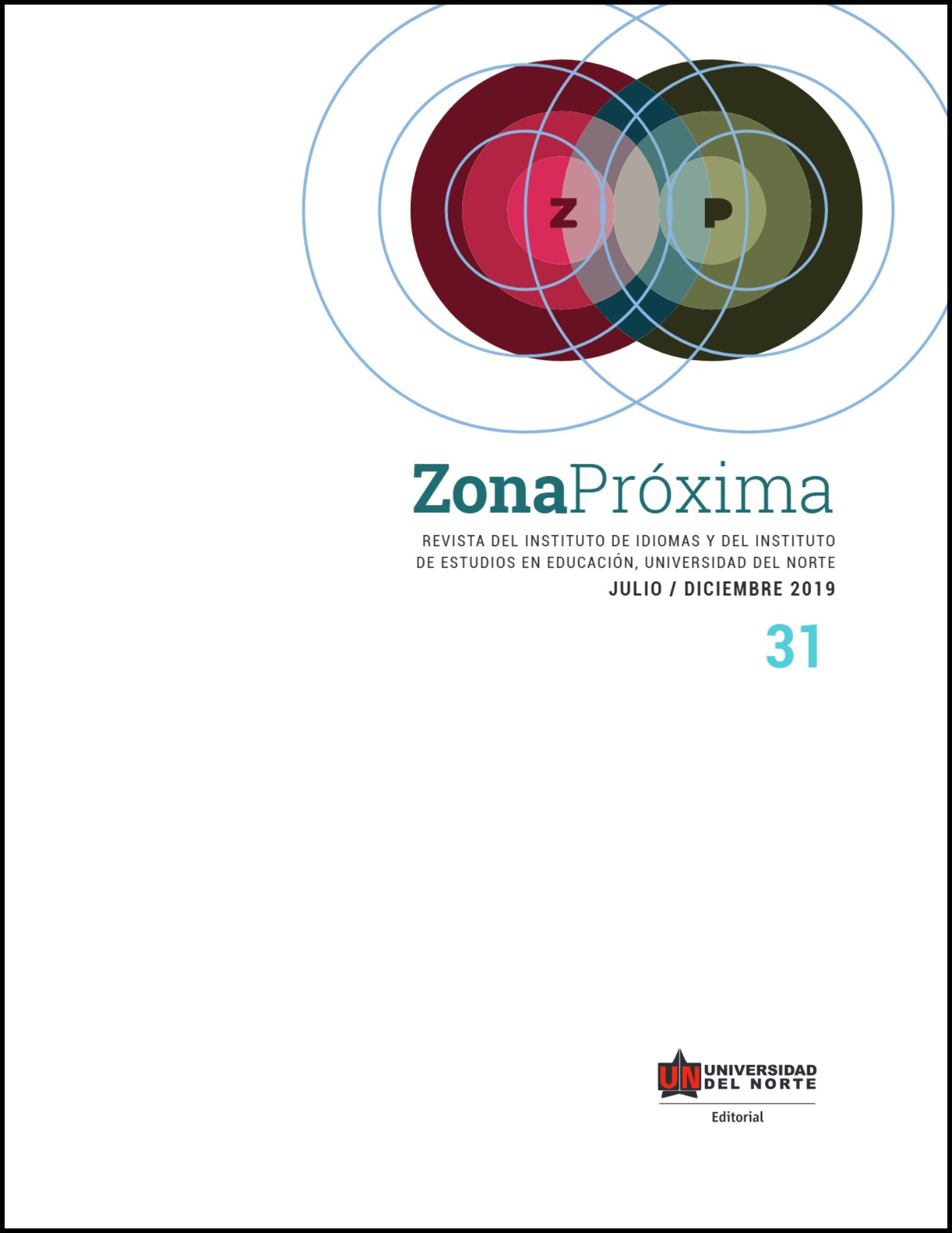Abstract
This article presents a proposal for teaching Qualitative Methods in Higher Education. We propose a teaching design that combines theory and research practice, using a digital portfolio. We argue this design allows students to better integrate what they learnt in this domain, which undergraduate students often find difficult. The proposed teaching design was implemented in the two undergraduate programs that comprise the Social Sciences and Humanities at the Universidad Autónoma de Chile, Talca. Our results show that a significant percentage of students passed the course with good grades. A correlation between levels of attendance and grades was also found. Student feedback was positive, focusing on the systematic and collaborative character of this methodology. It also highlighted aspects that should be improved in future experiences. Our results suggest that integrating theory and practice favors students’ performance in the course, showing that communicability of evaluation standards must be improved.
References
Baeten, M., Struyven, K. & Dochy, F. (2013). Student-centered teaching methods: Can they optimize students> approaches to learning in professional higher education? Studies in Educational Evaluation, 39(1), 14-22. Recuperado de: https://www.sciencedirect.com/science/article/pii/S0191491X1200048X
Cabero, J., López, E. y Jaén, A. (2013). Portafolios educativos virtuales en las aulas universitarias. Instrumentos didácticos para la innovación docente y la calidad de los procesos de enseñanza y aprendizaje. Enseñanza & Teaching, 31(1), 43-70. Recuperado de: https://revistas.usal.es/index.php/0212-5374/article/view/11604/12023
Clark, A. (2011). Embedding Transferable Skills and Enhancing Student Learning in a Political Science Research Methods Module: Evidence from the United Kingdom. PS: Political Science & Politics, 44(1), 135-139. https://doi.org/10.1017/S1049096510002039
Clark, H. (2015). Assessment of Learning Outcomes. In A. Curaj, L. Matei, R. Pricopie, J. Salmi & P. Scott (Eds.), The European Higher Education Area. Between Critical Reflections and Future Policies (pp. 399-414). Londres: Springer.
Fraire, V. (2014). La enseñanza de la Metodología de Investigación en docentes de primaria y secundaria: prácticas, representaciones y reproducción social. Revista Latinoamericana de Metodología de la Investigación Social, 7(4), 30-42. Recuperado de: https://dialnet.unirioja.es/descarga/articulo/5275906.pdf
Gargallo, B., Morera, I., Iborra, S., Climent, M., Navalón, S. y García, E. (2014). Metodología centrada en el aprendizaje. Su impacto en las estrategias de aprendizaje y en el rendimiento académico de los estudiantes universitarios. Revista Española de Pedagogía, 72(259), 415-435. Recuperado de: http://reunir.unir.net/bitstream/handle/123456789/3683/Metodolog%c3 %ada %20centrada %20en.pdf?sequence=3&isAllowed=y
Gil, C., Baños, R., Montoya, M.G., Herrada R.I. y Montoya F.G. (2013). Aprendizaje cooperativo y portafolio digital de grupo: desarrollo de competencias. Enseñanza y aprendizaje de Ingeniería de Computadores, 3, 23-37. Recuperado de: http://digibug.ugr.es/bitstream/10481/26352/1/T2_N3_Revista_EAIC_2013.pdf
Gugliano, A. y Robertt, P. (2010). La enseñanza de las metodologías en las Ciencias Sociales en Brasil. Cinta Moebio, 38, 61-71. Recuperado de: http://www.scielo.cl/pdf/cmoebio/n38/art04.pdf
Juliá, M. (2011). Formación basada en competencias: Aportes a la calidad de los aprendizajes en la formación de psicólogos. En J. Catalán (Ed.), Psicología educacional. Proponiendo rumbos, problemáticas y aportaciones (pp. 245-269). La Serena: Editorial Universidad de la Serena.
Krzykowski, L. & Kinser, K. (2014). Transparency in student learning assessment: Can accreditation standards make a difference? Change: The Magazine of Higher Learning, 46(3), 67-73.
Ministerio de Educación de Chile (2016). Compendio histórico de educación superior - Matrícula de educación superior. Recuperado de: https://www.mifuturo.cl/informes-de-matricula/
Latorre, M., Aravena, P., Milos, P. y García, M. (2010). Competencias habilitantes: un aporte para el reforzamiento de las trayectorias formativas universitarias. Calidad en la Educación, 33, 275-301. https://doi.org/10.31619/caledu.n33.146 https://doi.org/10.1080/01421590600776511
Shepard, L. (2000). The Role of Assessment in a Learning Culture. Educational Researcher, 29(7), 4-14. https://doi.org/10.3102/0013189X029007004
Shepard, L. (2006). Evaluation in the classroom. En R. L. Brennan (Ed.), Educational Measurement (pp. 623-646). Maryland: ACE/ Praeger Westport/ Rowman & Littlefield Publishers.
Thomé, G., Hovenberg, H. & Edgren, G. (2006). Portfolio as a method for continuous assessment in an undergraduate health education programme. Medical Teacher, 28(6),171-176.
Villarroel, V. y Bruna, D. (2014). Reflexiones en torno a las competencias genéricas en educación superior: un desafío pendiente. Psicoperspectivas, 13(1), 23-34. Recuperado de: https://www.psicoperspectivas.cl/index.php/psicoperspectivas/article/view/335
Universidad Autónoma (2015). Modelo educativo Universidad Autónoma de Chile. Temuco: Universidad Autónoma de Chile. Recuperado de: http://www.uautonoma.cl/modelo-educativo-ua/modelo-educativo/


